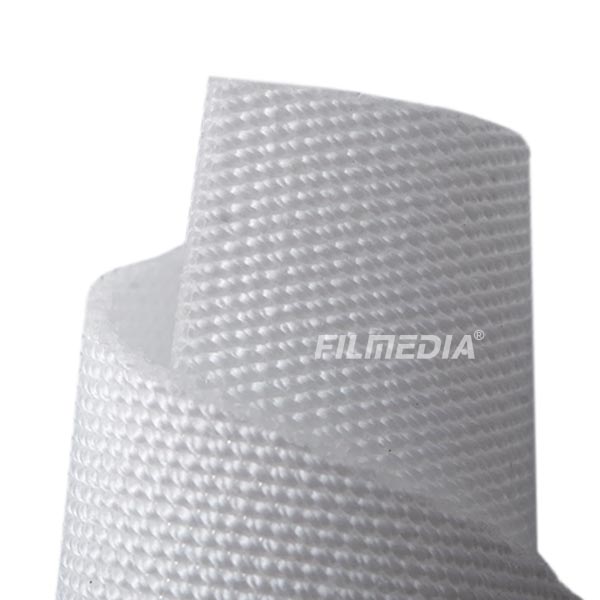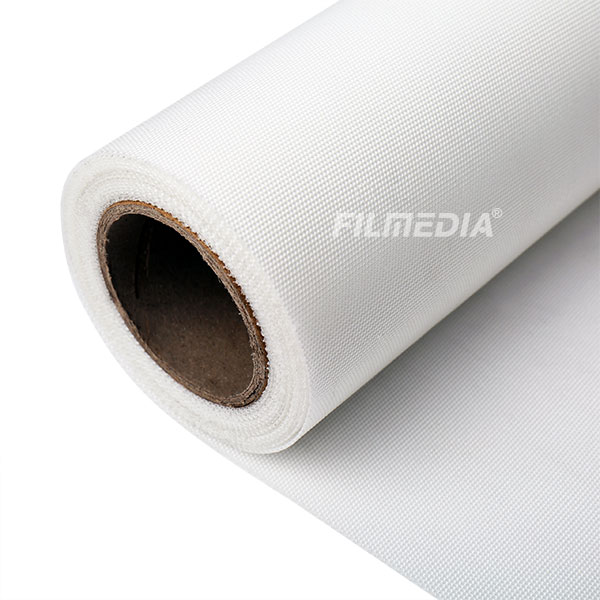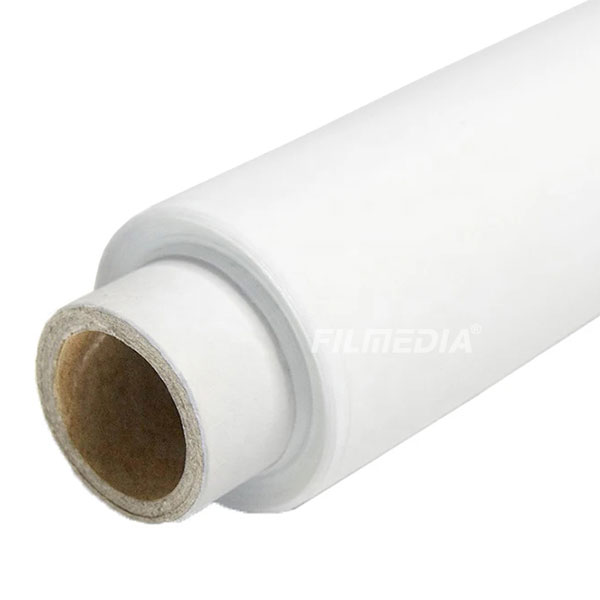No products in the basket. Add Products
When looking for a filter belt for zeolite, you’ll need to consider several factors to ensure it meets your specific requirements. Here are some key points to consider:
Material Compatibility
- Chemical Resistance: Ensure the belt material is resistant to any chemicals in the zeolite or the process.
- Temperature Tolerance: Zeolite processing may involve high temperatures, so the belt material must withstand these conditions.
Type of Filter Belt
- Vacuum Filter Belts: Commonly used in industries where continuous filtration is required.
- Press Filter Belts: Used where pressure is applied to speed up the filtration process.
Filtration Efficiency
- Mesh Size: The mesh size of the filter belt determines the particle size that will be filtered out. Choose a mesh size that matches the particle size distribution of the zeolite.
- Permeability: Ensure the belt has adequate permeability to allow the required flow rate of the filtrate.
Mechanical Properties
- Strength and Durability: The belt must withstand the mechanical stresses of the filtration process without tearing or wearing out quickly.
- Flexibility: The belt should be flexible enough to move smoothly through the filtration system.
Maintenance and Cleaning
- Ease of Cleaning: Choose a belt that is easy to clean to prevent clogging and maintain filtration efficiency.
- Replacement and Maintenance: Consider the ease of replacing and maintaining the belt to minimize downtime.
Customization
- Size and Dimensions: The belt must fit your specific filtration system. Custom-sized belts may be necessary.
- Special Coatings: Some applications may benefit from special coatings that enhance the belt’s properties, such as anti-static or non-stick coatings.
Material for Zeolite Filtration
Choosing the right material for a filter belt used in zeolite processing is crucial to ensure durability, efficiency, and compatibility with the specific properties of zeolite. Here are some materials commonly used for filter belts in such applications:
Performance Comparison
| Property | Polyester(PET) | Polypropylene(PP) | Nylon |
| Acid | Excellent | Excellent | Excellent |
| Alkali | Average | Excellent | Excellent |
| Electrical Conductivity | Poor | Good | Average |
| Elongation | 30%-40% | Better than PE | Poor |
| Recovery | Excellent | Slightly better than PE | Poor |
| Abrasion | Excellent | Good | Excellent |
| Heat Resistance | 150 °C | 90 °C | 100 °C |
| Softening point | 230 -240 °C | 140 -150 °C | 200 °C |
| Melting point | 255 -265 °C | 165 -170 °C | 220 °C |


